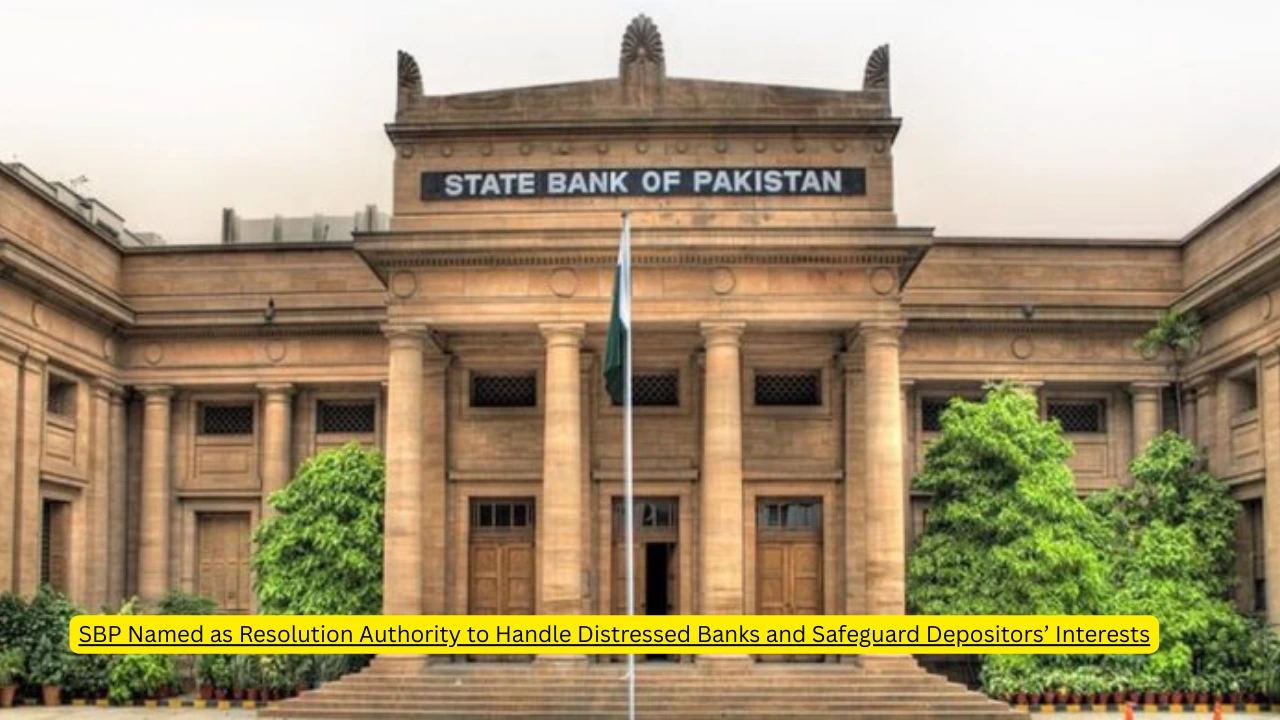Strong Growth in Tax Collection
Tax collection in Pakistan has recorded a 14% increase, reaching Rs748.6 billion in the latest fiscal period. This growth reflects stronger compliance, improved enforcement, and better economic activity. The Federal Board of Revenue (FBR) attributes this rise to digital reforms and strict monitoring of revenue leakages.
Higher tax collection is critical for economic stability. It allows the government to fund development projects, manage debt, and support essential public services. In the current global economic climate, such revenue growth is a positive sign for Pakistan’s economy.
Factors Driving the Increase
The FBR has introduced several tax reforms to boost efficiency. These include automated filing systems, e-audit processes, and real-time tracking of sales data. The integration of Point of Sale (POS) systems in retail businesses has helped curb tax evasion.
Increased awareness among taxpayers has also played a role. More individuals and companies are now filing returns on time, boosting overall tax collection. The rise in imports, along with better customs monitoring, has contributed to higher indirect taxes.
Sector-Wise Contribution
Key sectors contributing to this growth include manufacturing, retail, telecom, and banking. Manufacturing alone accounts for a significant portion due to higher production levels and exports.
The retail sector has seen improved compliance due to digital POS systems. Telecom companies are contributing more through sales tax on services. The banking sector’s contribution has grown due to increased transaction volumes.
Impact on the Economy
Higher tax collection strengthens the government’s ability to manage fiscal deficits. It also reduces reliance on external borrowing. With Rs748.6 billion collected, Pakistan can allocate more resources to infrastructure, healthcare, and education.
The increase also boosts investor confidence. A stable tax revenue stream assures investors that the government can meet its financial obligations without sudden policy shifts.
Digital Transformation in Tax Collection
The FBR’s digital initiatives are changing the game. E-filing systems have made it easier for taxpayers to submit returns. Mobile applications now allow users to pay taxes conveniently.
Real-time data monitoring has helped detect underreporting and fraud. Artificial Intelligence (AI) tools are being introduced to analyze tax patterns and identify irregularities.
Challenges Ahead
Despite the growth, challenges remain. The tax-to-GDP ratio in Pakistan is still lower than regional averages. Informal economic activities and undocumented transactions continue to hinder revenue collection.
The government needs to widen the tax base by bringing more individuals and businesses into the formal economy. Strict action against non-filers and tax evaders is essential for sustaining this growth.
Government’s Future Plans
The government aims to further modernize the tax system. Plans include expanding POS integration, introducing blockchain for transaction transparency, and strengthening enforcement teams.
The goal is to push tax collection beyond Rs800 billion in the coming quarters. This will require continued reforms, public awareness campaigns, and better coordination between federal and provincial tax authorities. Read more Tax collection rises 14pc to Rs748.6bn
Conclusion
The 14% rise in tax collection to Rs748.6 billion is a significant achievement for Pakistan’s economy. It reflects better governance, stronger compliance, and the successful adoption of digital tools.
If the government continues on this path, Pakistan can achieve sustainable revenue growth, reduce fiscal deficits, and improve public services. Tax collection will remain the backbone of economic stability, making it a key focus area in the years ahead.Read more about FBR Removes Tax on Foreign Online Sellers



One thought on “Tax Collection Rises 14% to Rs748.6 Billion”